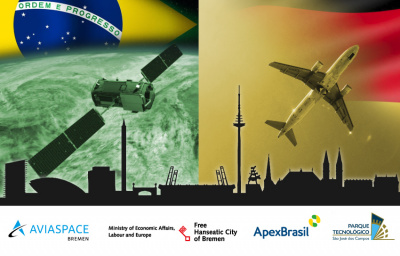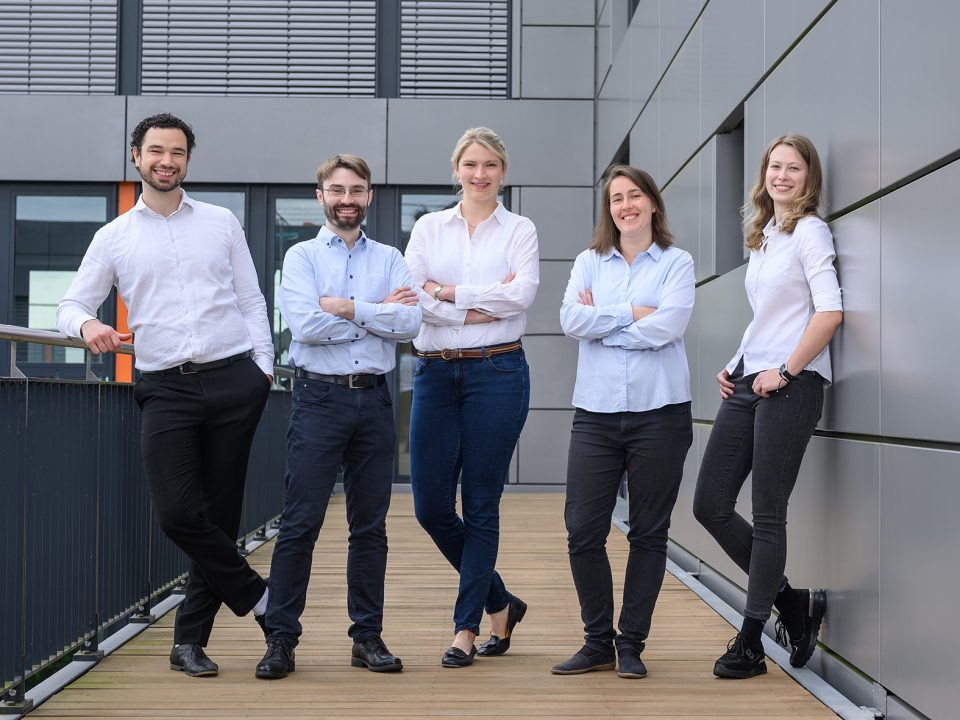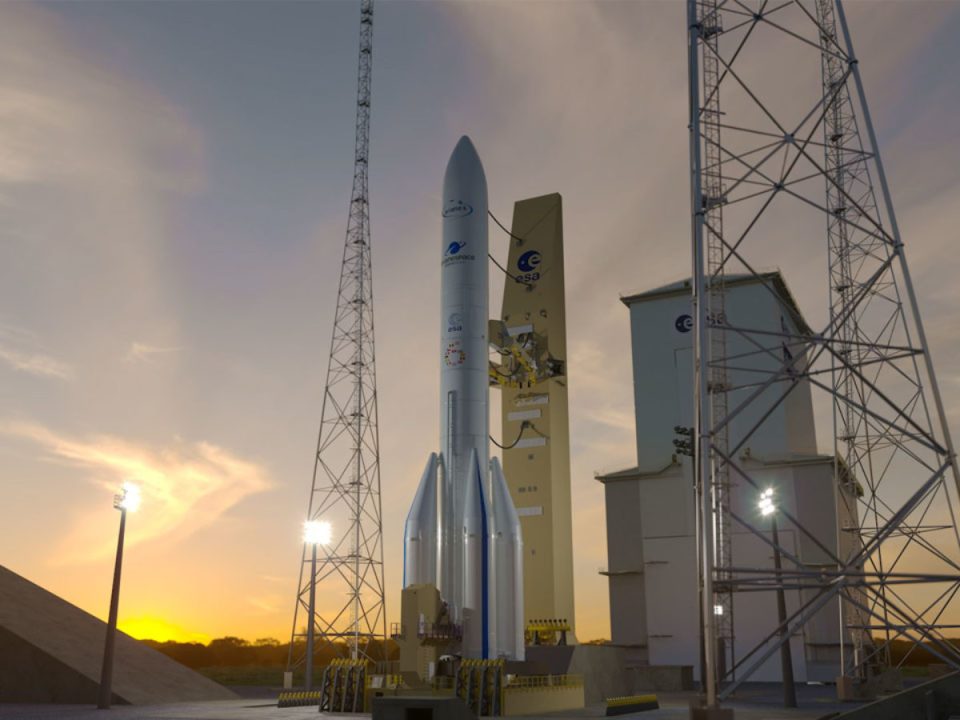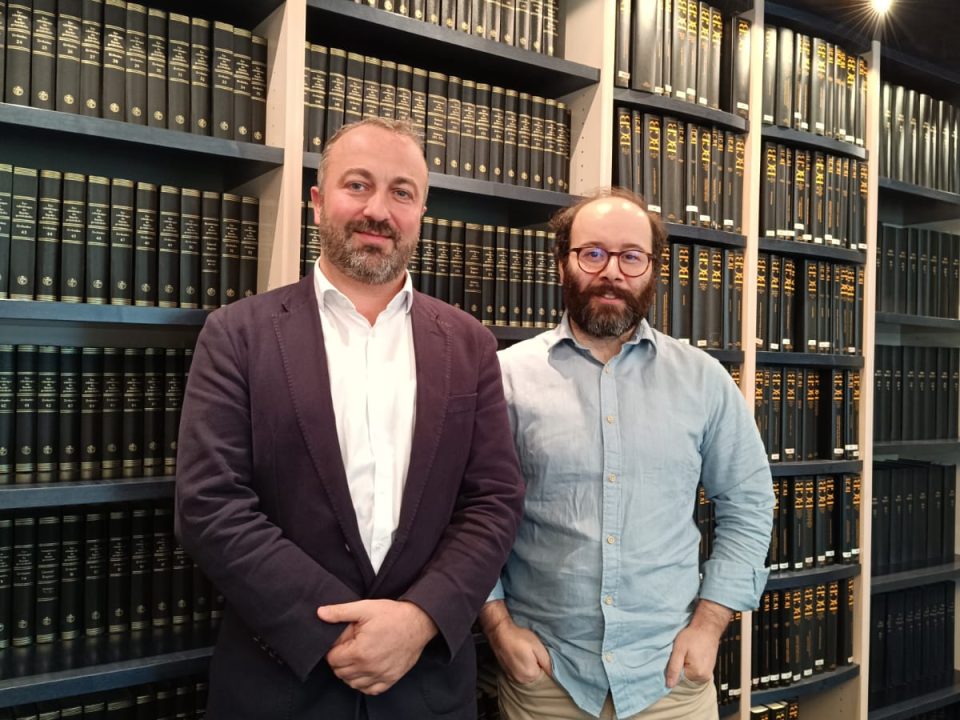
New Member of Aviaspace: Gauss-Olbers Space Technology Space Centre
30.06.2021
Bremen Welcomes the Brazilian Aeronautics and Space Delegation
09.07.2021The aeronautics and space industry is one of the key industries in the state of Bremen. Since 2019, the Senator for Economy, Labour and Europe has been funding the Incubation Centre (BIC) of the European Space Agency (ESA) in Northern Germany in order to strengthen the future of Bremen as a space location. ESA BIC Northern Germany supports startups related to space technology. Now, the Supervisory Board has decided that the successful development of the ESA BIC Northern Germany will be continued for another four years – until 2025.
Since 2019, the ESA BIC Northern Germany has accepted eleven cross-industry teams for incubation and has contracted eight of them. The first of those teams have already successfully implemented the incubation programme. Senator for Economic Affairs, Kristina Vogt, congratulates the graduates and emphasizes, “four space startups have already successfully completed the programme. They have dedicated themselves to tackling the important issues of our time such as the environment, digitization and space travel. This encourages us to use ESA BIC Northern Germany. This is an encouraging development.”
The four companies: Planblue, Drift + Noise, Valispace and Astronautin are now successfully completing the incubation programme. An additional three contracts are currently being negotiated – one of them with the future partner state of Schleswig-Holstein. Negotiations are also underway for cooperation with the state of Berlin. The overall goal is to sign fifteen startups by the end of 2021. For this purpose, two further dates for 2021 have been set for the open application period.
“We now also welcome the successful promotion of startups in Northern Germany through financial and technical support in the early phase of the startup (incubation) and look forward to continuing the programme together,” said Dr. Franziska Zeitler (DLR), Head of Innovation & New Markets.
Frank Salzgeber, Head of Innovation and Ventures Office at ESA explains, “if you want to foresee the future, you have to invest in it. We support high-tech startups and thus the future and jobs of tomorrow.” In particular, startups that were able to fall back on research and development funding successfully mastered the crisis. The same applies to companies that rely on services in the IT sector. With the programme, startups can be supported in a more targeted manner in the future. Reinforcements are being sought for the space technology sector, for example in the future field of earth observation to counter social challenges such as climate change. Read more here:








